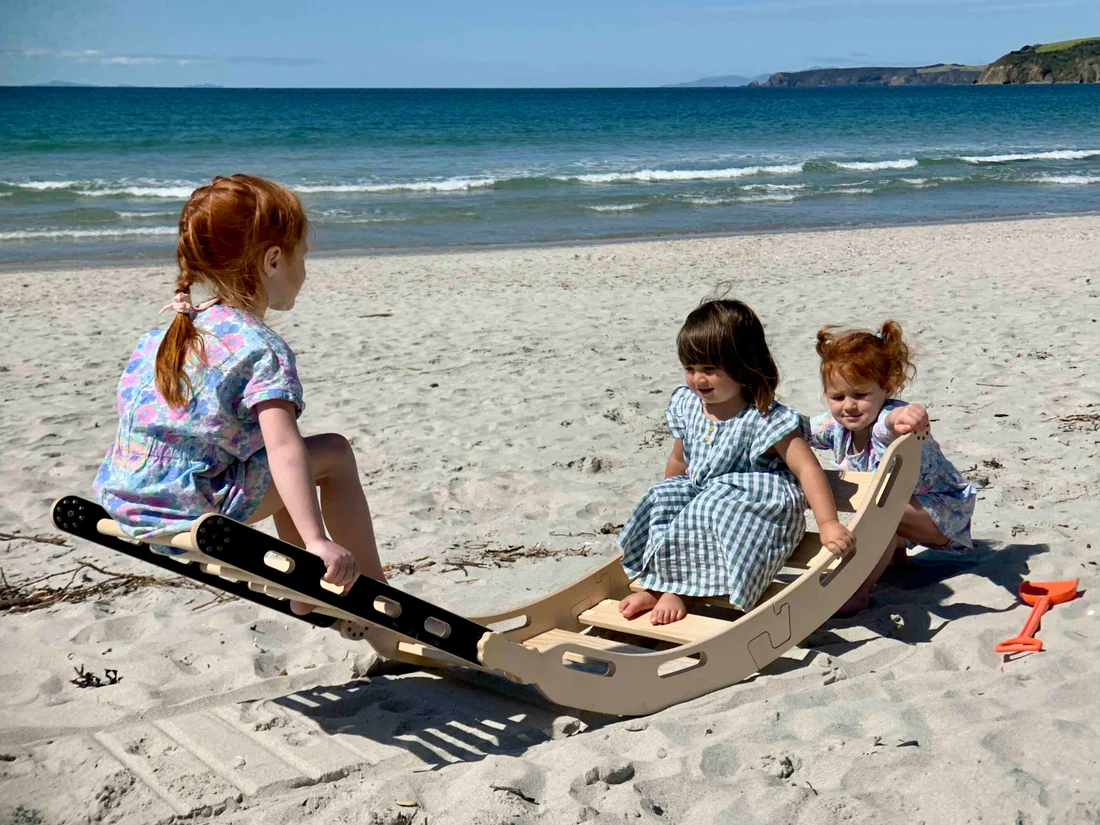Creating a safe and engaging environment for children is essential for their growth and happiness. Parents want peace of mind, knowing their kids are cared for in a space that nurtures development and creativity. A place where safety is a priority but fun and learning never stop. This balance is at the heart of any great child care or daycare center.
Ensuring Safety Standards In Child Care Facilities
Safety is the foundation of any child care setting. From secure entrances to well-maintained equipment, every detail matters. The child care providers must follow strict guidelines to prevent accidents and protect kids from harm. This includes routine checks, child-proofing furniture, and training staff in emergency procedures. When safety standards are high, children can explore their surroundings without constant worry, allowing their natural curiosity to flourish within a secure space.
Designing An Inviting Space In A Daycare Center
A daycare center should feel welcoming and vibrant. Bright colors, natural light, and open areas help create a cheerful atmosphere. Spaces designed for different activities—reading nooks, play zones, and quiet corners—cater to varied interests and moods. Thoughtful design encourages kids to engage actively and comfortably. An inviting environment signals to children that their needs are valued, making them more willing to participate and learn throughout the day.
Incorporating Educational Play In Child Care Programs
Play isn’t just fun—it’s a crucial part of learning. Child care programs that include educational play stimulate cognitive and social skills. Blocks, puzzles, and art supplies develop creativity and problem-solving abilities. Group games foster teamwork and communication. Integrating these activities into daily routines supports well-rounded growth. When play is purposeful, children build skills effortlessly while enjoying every moment.
Staff Training And Its Role In Quality Daycare Center Care
The people caring for children are as important as the space itself. Well-trained staff understand child development and respond with patience and empathy. They know how to handle conflicts and encourage positive behavior. Continuous training ensures caregivers stay updated on best practices and safety protocols. A quality daycare center invests in its teams, creating a supportive environment where kids feel safe and loved.
Building Strong Relationships Between Parents And Child Care Providers
Trust grows through clear communication and collaboration. Child care providers who regularly update parents on progress and daily happenings build a strong connection. This partnership helps address any concerns early and ensures consistency between home and care settings. When parents and caregivers work together, children receive cohesive support that benefits their emotional and educational growth.
Encouraging Healthy Habits Within Daycare Centers
Healthy habits form early and last a lifetime. Daycare centers play a big role in teaching kids about nutrition, hygiene, and physical activity. Providing balanced meals, regular handwashing, and outdoor play promotes wellness. These routines also help children develop independence and responsibility for their bodies. By embedding healthy habits into daily life, child care settings contribute to overall well-being.
Conclusion
Building a safe and engaging environment for kids requires careful attention to many factors. From strict safety measures and inspiring spaces to trained staff and strong parent partnerships, every piece is important. A quality child care or daycare center offers more than supervision; it creates a nurturing place where children feel secure and excited to learn.

